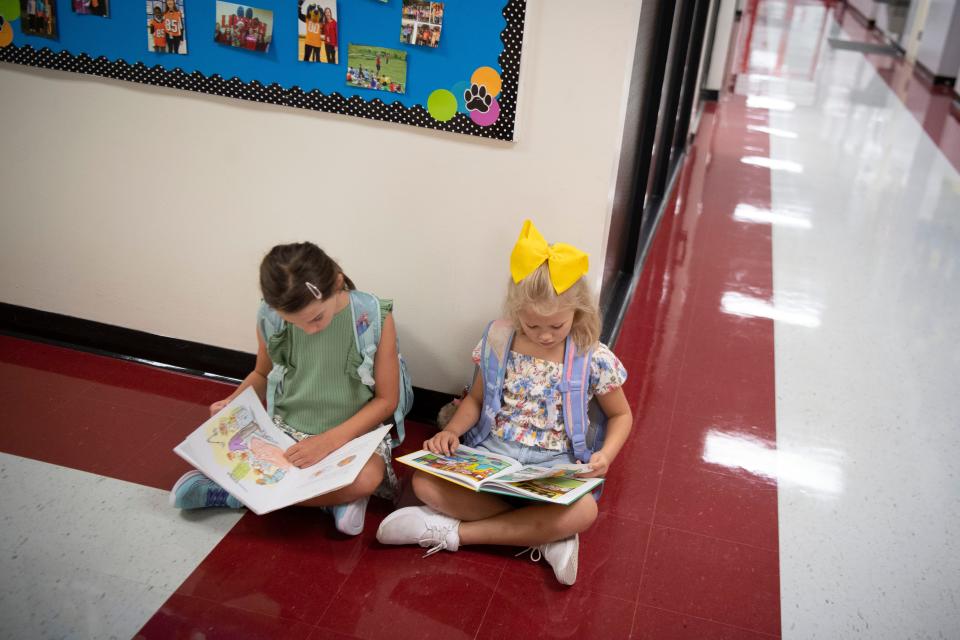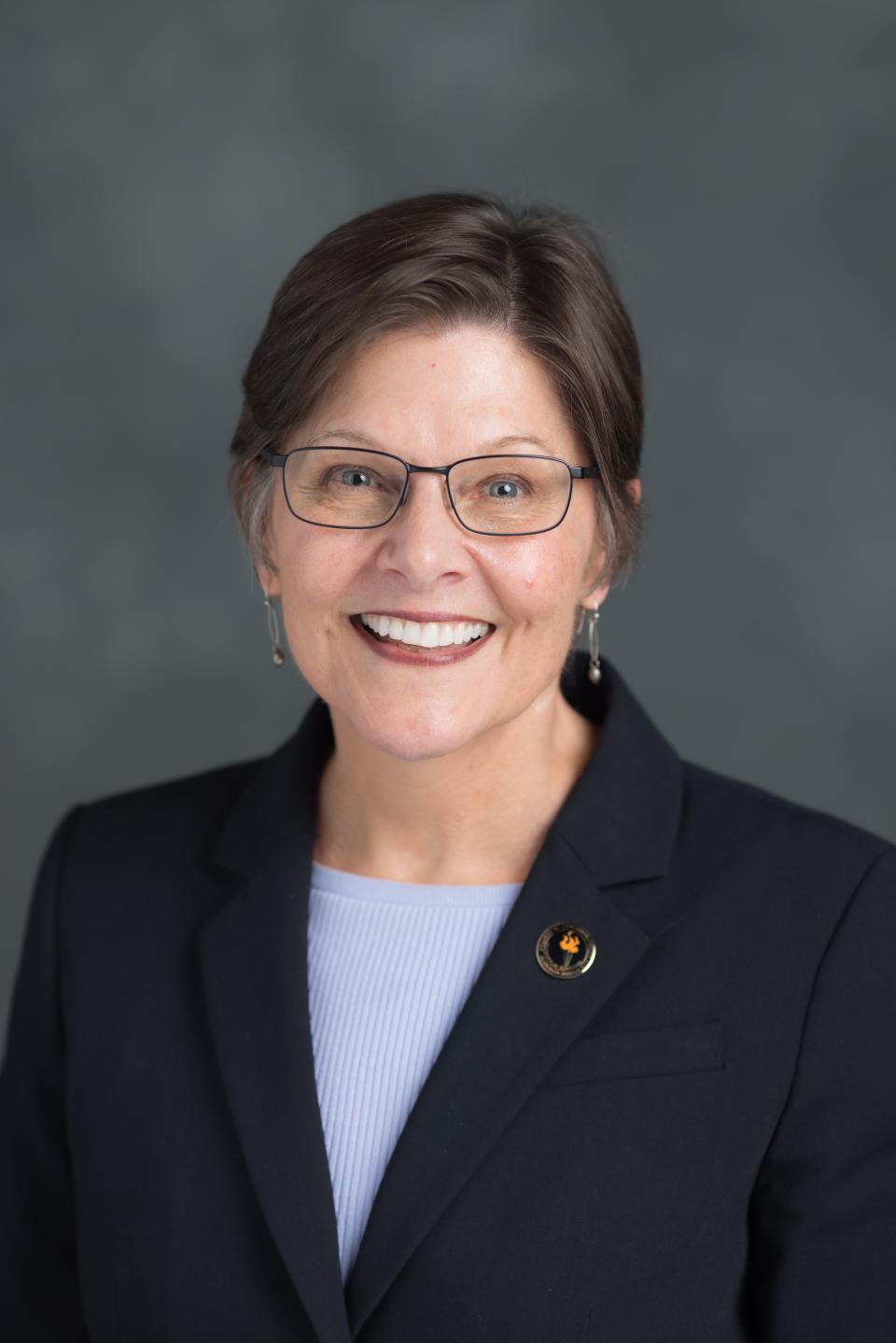Literacy is everyone's business. Using the science of reading is the best way to teach it
How well is your child reading? Does your second-grader know how to decode (or sound out) words like flavor, question, monumental and knowledge? Is your third- or fourth-grader learning history, civics and science through reading, with support from a teacher? Is your child – at any age – choosing to read whole books for pleasure? If the answer for you is not a resounding yes, it is time to reflect on how your school approaches reading instruction.
Unfortunately, fewer than 40% of the state’s fourth-graders read proficiently, defined by the National Assessment of Education Progress as being able to read challenging material. Tennessee is not alone in this situation, but that does not make the crisis less urgent.

Reading is the foundation of learning everything else and is the great determiner of lives. Proficient readers are more likely to go to college and have a fulfilling career. Success in literacy is associated with higher wealth and better health. Those who do not learn to read proficiently face the opposite: a life of struggling at work, poverty, drug use and depression. Our economy depends on workers who read and write well, as does our citizenry.
The recent bipartisan commitment made by Tennesseans through the Tennessee Literacy Success Act of 2021 provides significant hope. Legislators, philanthropists, academics, families and teachers across the state support this work. Supporting literacy is everyone’s business. We all have a stake in how well children learn to read.
Hear more Tennessee voices: Get the weekly opinion newsletter for insightful and thought-provoking columns.
One of the tenets of the Tennessee Literacy Success Act is that teachers in elementary grades are to use the science of reading to teach children how to read. The science of reading is a body of high-quality research studies that shows effective approaches to teaching reading. Teachers are now required to complete training on this body of knowledge. Those who prepare teachers are also expected to retool and train new teachers using the science of reading.
A new documentary, "The Right to Read," produced by actor and long-time promoter of reading Levar Burton, refers to how children are taught to read as “the greatest civil rights issue of our time.” The film is one illustration that artists, journalists and political leaders from all backgrounds and persuasions have joined educators in promoting the science of reading as critical to solving the reading crisis and ensuring more children face a future of success and joy. The film is being shown 4-6 p.m. Sept. 19 at the University of Tennessee's Lindsay Young Auditorium at Hodges Library. (Register at the Tennessee Reading Research Center's website.)

So if you know a child who seems to be lagging behind in reading, ask that child’s teacher and principal if they have adopted the science of reading, and then support them in efforts to implement this approach. Some teachers have to relearn how to teach, through no fault of their own. This will take time, resources and public support. If we all rally behind these important professionals, our children and our state will flourish.
Ellen McIntyre is dean of the College of Education, Health, and Human Sciences whose scholarly field is literacy education.
This article originally appeared on Knoxville News Sentinel: The science of reading is the best way to teach children literacy

